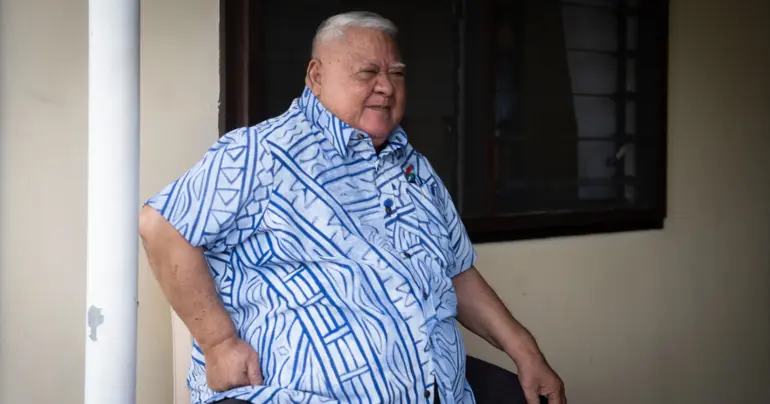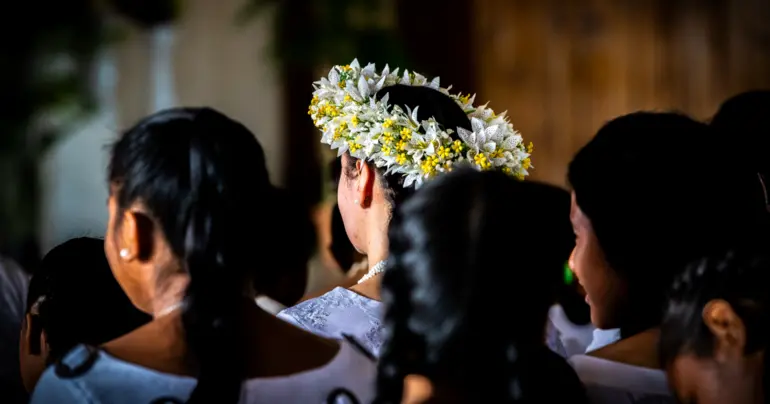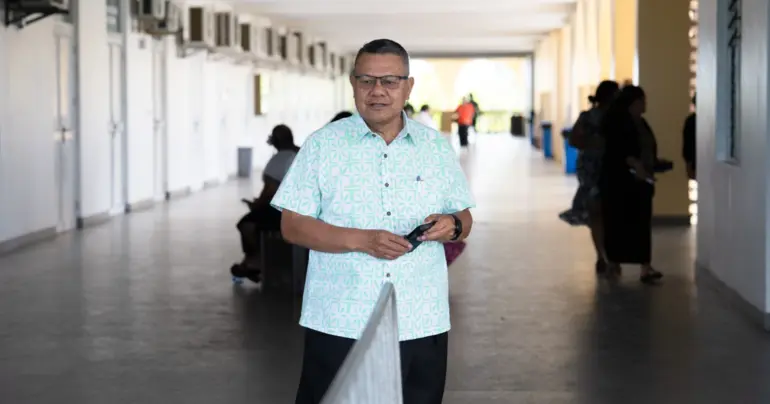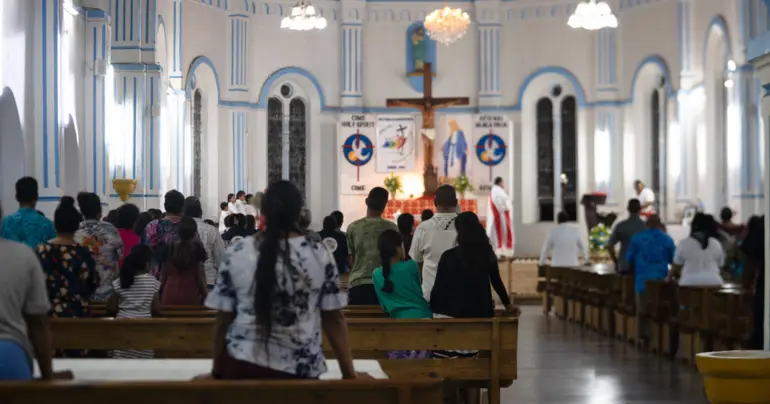U.N. agency aids Pacific coronavirus response
 By Sapeer Mayron
•
30 March 2020, 5:00PM
By Sapeer Mayron
•
30 March 2020, 5:00PM
The United Nations Children’s Fund (U.N.I.C.E.F.) has delivered nearly 200,000 medical and laboratory supplies to the Pacific including surgical masks, swaps for testing and testing kits, thermometers and masks as the region joins the world in fighting the new coronavirus COVID-19.
The agency has also focused its attention on education, delivering communication material about COVID-19 symptoms and best practice for treatment and prevention.
“Children are the hidden victims of this pandemic,” U.N.I.C.E.F. Pacific Representative, Sheldon Yett said.
“In just a few months, COVID-19 has upended the lives of children around the Pacific. Thousands of children are not in school. Parents and caregivers have lost their jobs. Borders have been closed.”
In Samoa, schools have been closed for more than a week after the nation issued a state of emergency on March 20. The Government is looking to deliver classes on television, while some schools are able to utilise digital services and devices to deliver classwork and interact with students.
“U.N.I.C.E.F. will continue working with governments and our partners throughout the Pacific to stop transmission of the virus, and to keep children and their family’s safe,” Mr. Yett said.
Specifically in Kiribati, Vanuatu, the Solomon Islands, the Federated States of Micronesia and Fiji, the agency has been delivering a variety of support and campaigning on the virus.
In some of those countries that included building a text platform for COVID-19 information via text messaging, directly reaching tens of thousands of people at a time.
In Kiribati and the Solomon Islands the agency has worked with governments on education plans for when schools have to close, and lessons on proper and effective handwashing.
In Fiji, where there have been five confirmed cases and mass testing ongoing, the agency provided 10 tents for fever clinics to treat patients.
The agency is also part of the COVID-19 Joint Incident Management Team response in the Pacific led by the World Health Organisation. Its members include the Governments of New Zealand, Australia, Japan and the Global Partnership for Education, a non-government organisation founded in the United States of America.
Tags
 By Sapeer Mayron
•
30 March 2020, 5:00PM
By Sapeer Mayron
•
30 March 2020, 5:00PM











